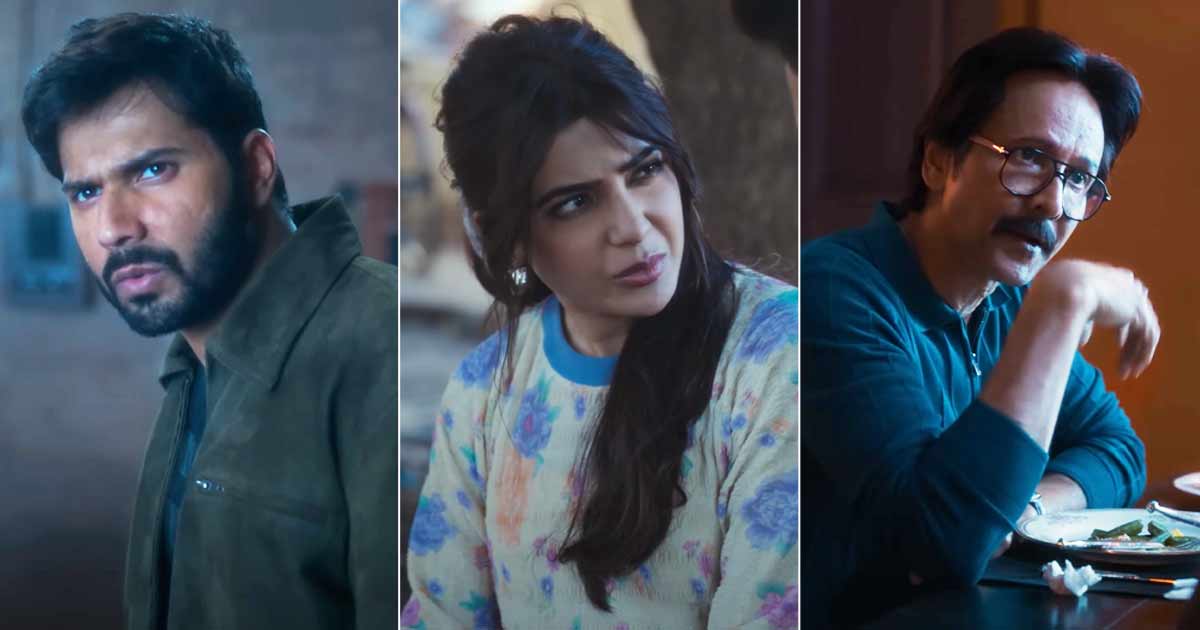Although there were long gaps between the releases, and they varied slightly in style and presentation, the series kept its special flavour and all the movies provided top-notch entertainment.
“These are real people in history, presented in an over-the-top way,” Tsui said in an interview. “That always interests me – the combination of the realism and the surrealism in fantastic stories.”
In the films, Dee is an imperial commissioner with Sherlock Holmes-like sleuthing abilities who is called in to solve difficult cases that threaten the well-being of the imperial court.
But the real Di Renjie was much different, being a judge and a politician rather than a detective. Moreover, although Di was certainly a skilled political infighter, he was not a martial arts master like Tsui’s combative hero.
Di Renjie rose to fame in the late 600s, during the last years of the Tang dynasty and in the short-lived Zhou dynasty. He was considered to be an honourable man, and won a reputation for fairness as the secretary general at the Supreme Court under Emperor Gaozong.
Di moved further into the limelight when Empress Regent Wu Zetian established the Wu dynasty in 690 AD. Di became Wu’s chancellor and one of her closest advisers, even though he did not agree with her ruthless methods for maintaining power via her “secret police”.
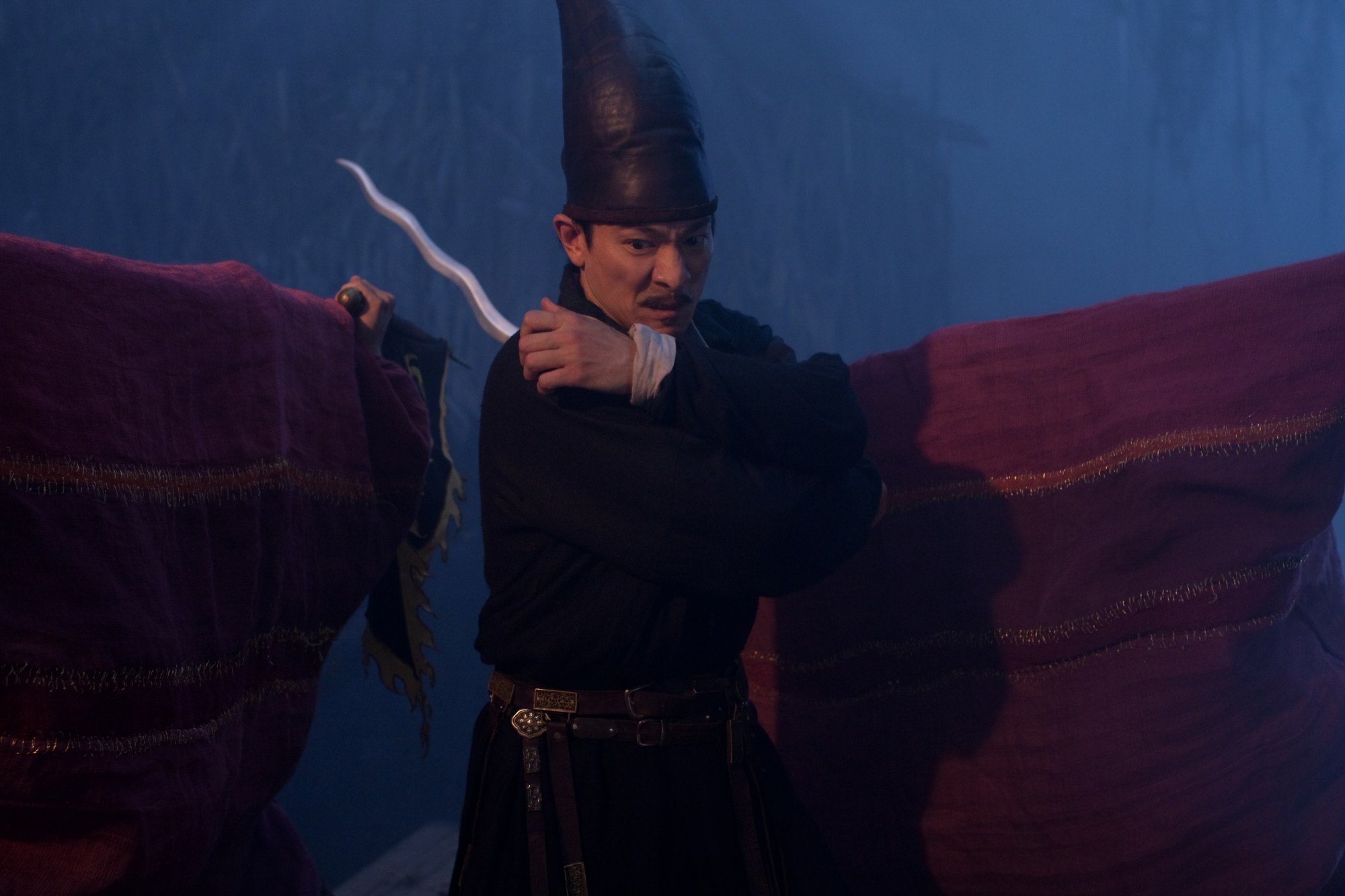
Van Gulik’s self-published translation sold out, and the writer – who had kept the courtly Chinese characteristics of the original intact in his translation – went on to publish a series of increasingly salacious detective novels featuring “Judge Dee”.
Intriguingly, all of Van Gulik’s novels were translated into Chinese in China during the 1980s under the title Di Renjie Solves Cases at the Court of the Great Tang.
The detective theme provided the inspiration for numerous television series, such as the 1986 mainland Chinese production The Legend of the Detective Di Renjie, and ultimately Tsui’s film versions.
Tsui believed his rendition of Detective Dee as a martial artist did not stretch credulity too far, as a mere detective would not have been qualified to become an imperial bodyguard.
“Being able to fight a good fight is crucial to our representation of the man,” he told Clarence Tsui in an interview with the Post.
Likewise Dee’s predilection for sleuthing. “A lot of documentation and portrayals have focused on Dee’s time as a supreme court judge, but we thought he might have roamed the country cracking cases on the ground as well,” he said. “To us, he’s like a CID officer looking for clues at crime scenes.”
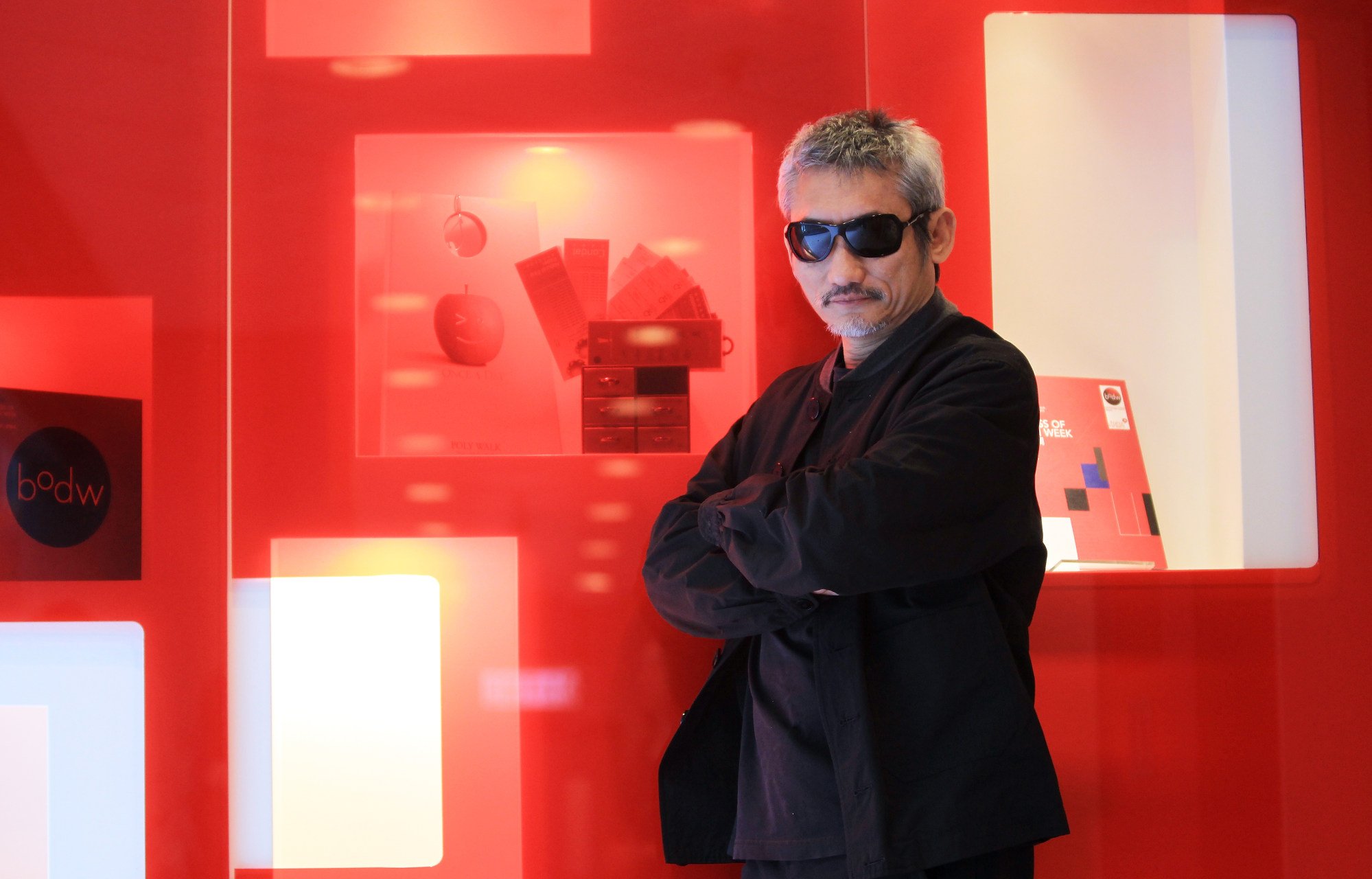
It is not unusual to play games with Dee’s historical character. “After reading a lot of different stories about him, we see how authors of different eras projected their own ideals and world views on to the man,” Tsui told the Post.
The story of Detective Dee and the Mystery of the Phantom Flame was concocted by Tsui and his producer Chen Kuo-fu. Although it retains the anything-goes quality of Tsui’s 1990s work, the focus on crime-solving means that the plot elements do add up to a satisfying conclusion.
Many wondered why Tsui had suddenly decided to return to the fantasy wuxia genre, which he had shied away from in the 2000s with the exception of his lacklustre Zu Warriors remake. (Seven Swords, made in 2005, was a battle epic rather than a fantasy.)
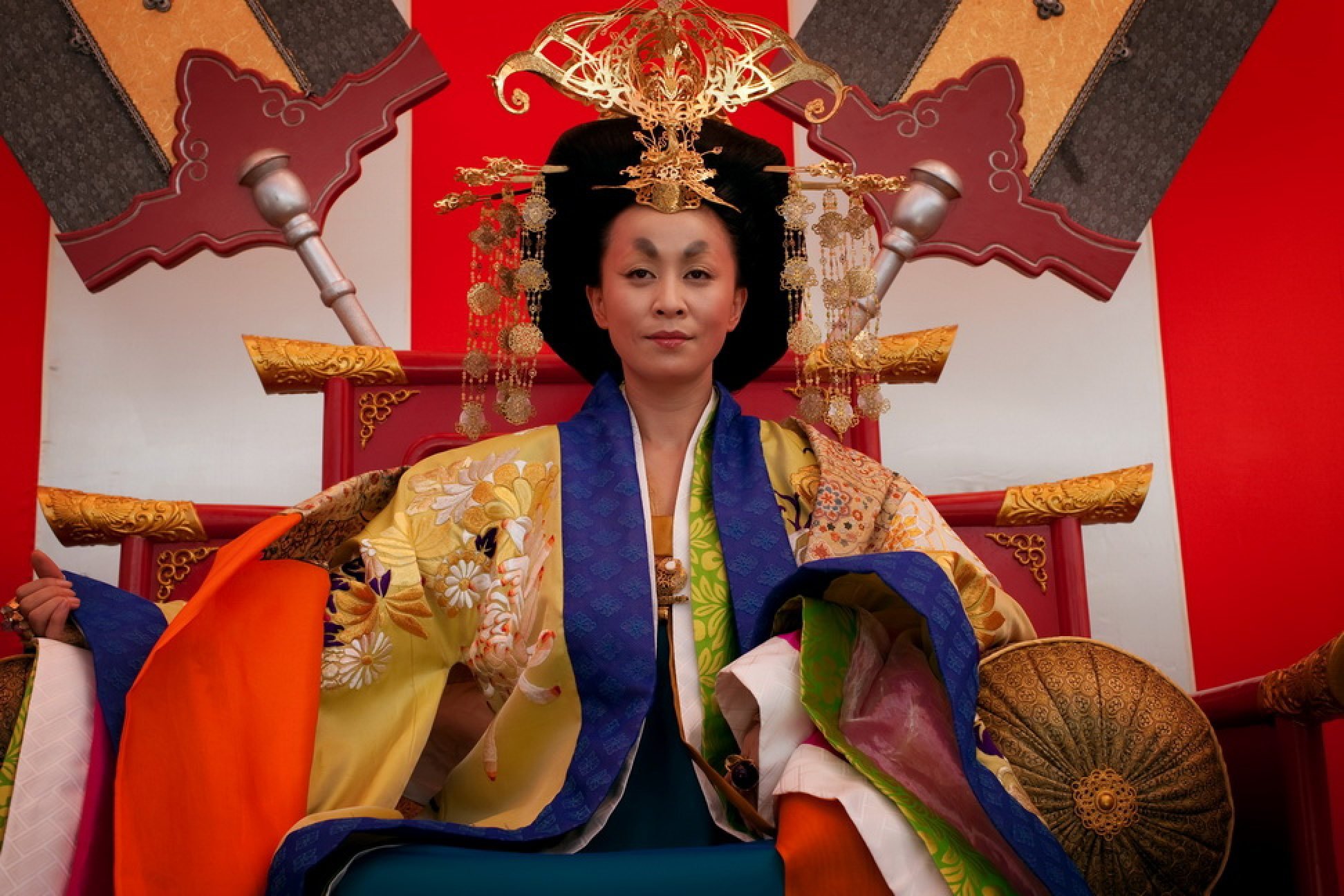
Tsui countered that Detective Dee was a pet project that he had been working on since 2000. The director had discovered that Chen was also working on a script about Detective Dee, and the two had pooled their ideas over the years.
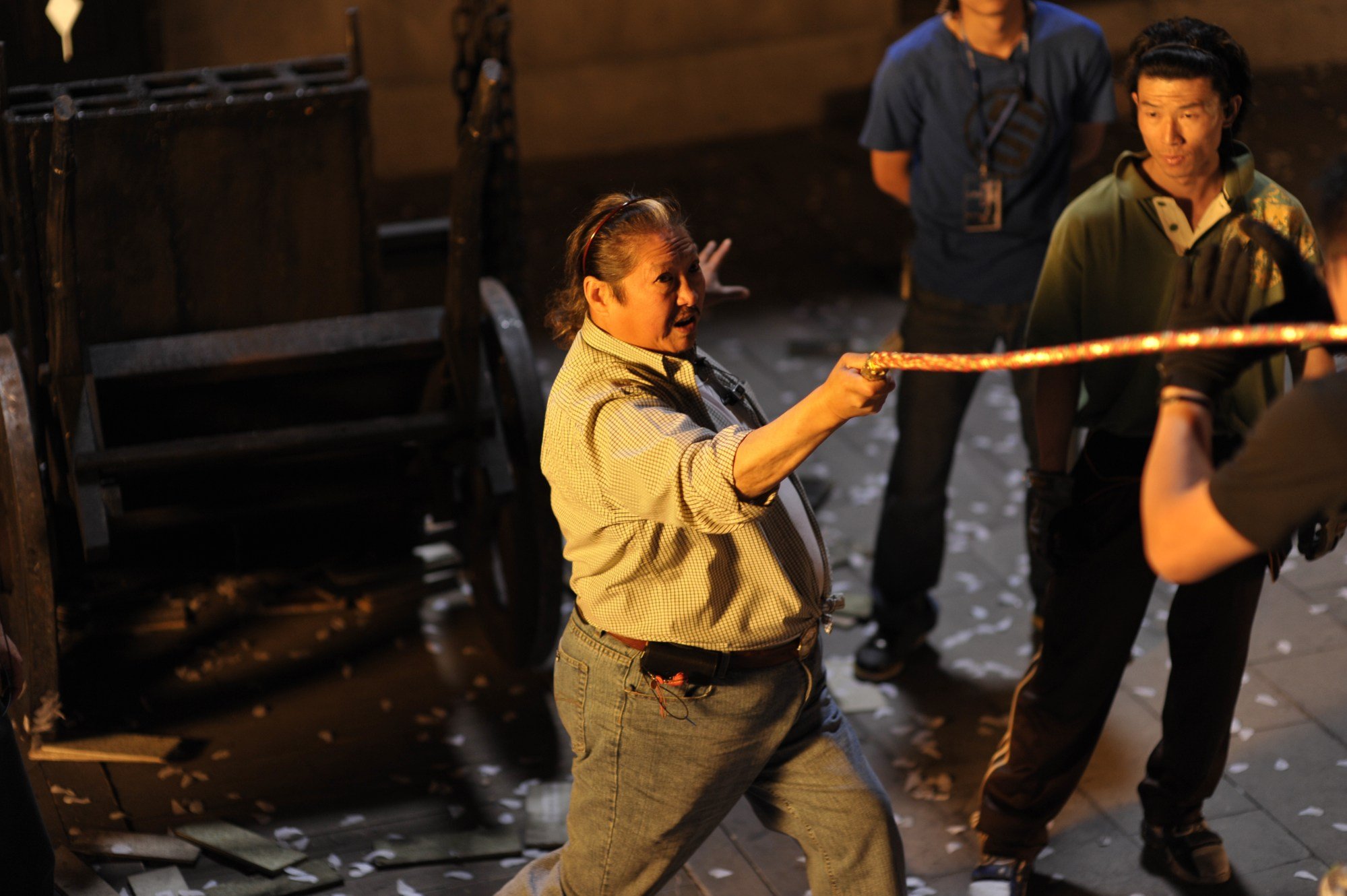
Hung masterfully combined wirework and SFX, and the resulting martial arts scenes are fluid, graceful and fascinating to watch.
In this regular feature series on the best of Hong Kong cinema, we examine the legacy of classic films, re-evaluate the careers of its greatest stars, and revisit some of the lesser-known aspects of the beloved industry.



